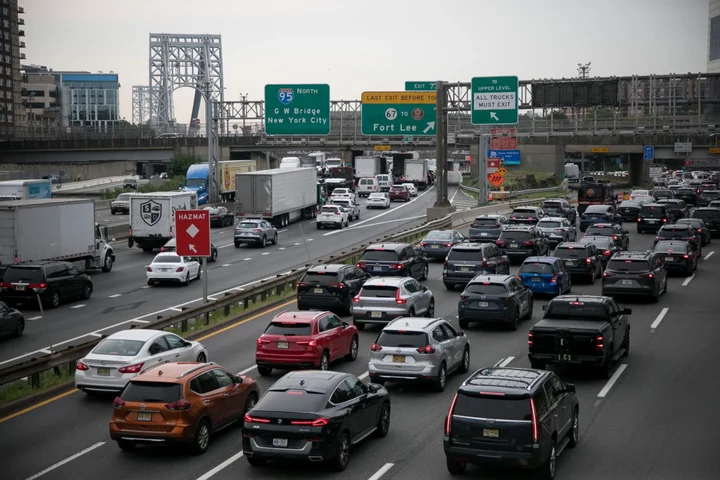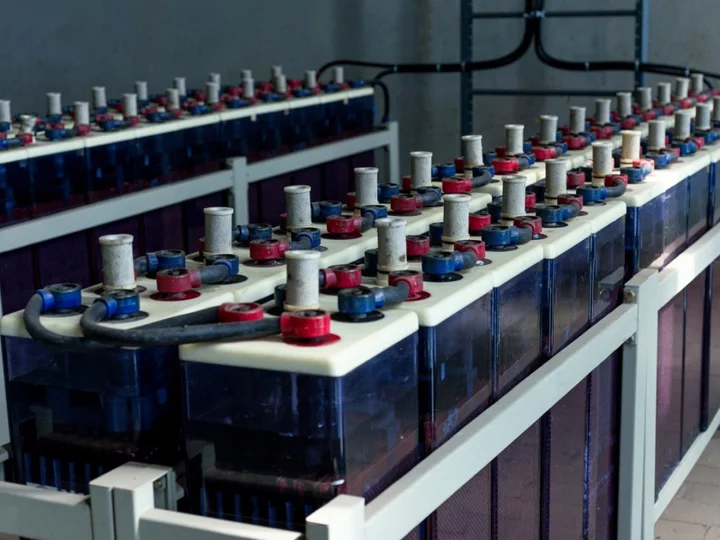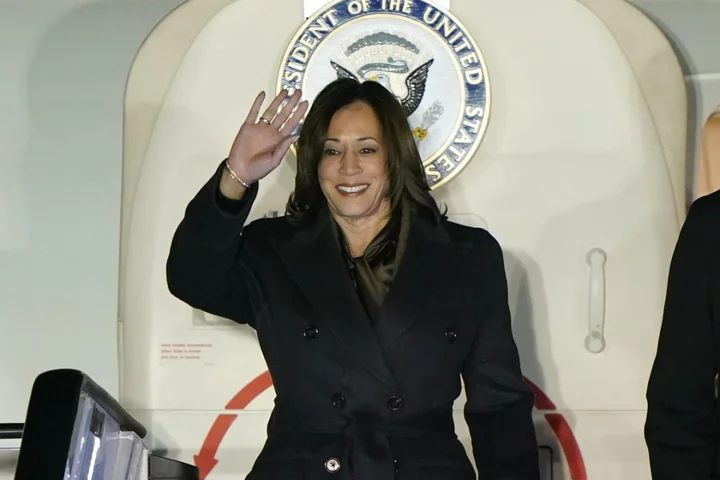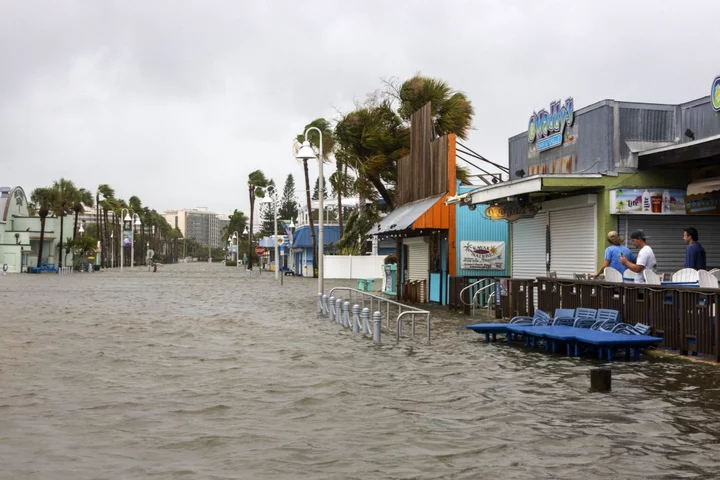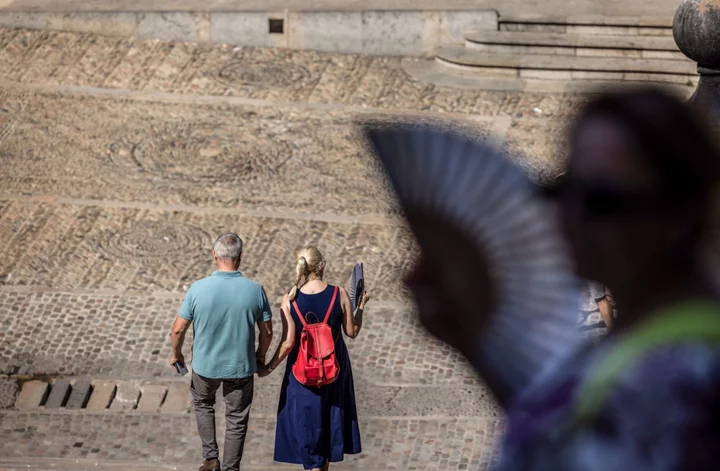A plan to charge motorists driving into Manhattan’s central business district is facing another lawsuit as a New Jersey mayor is seeking to halt the new tolling program, claiming it needs additional environmental review.
Mark Sokolich, mayor of Fort Lee, New Jersey, filed the suit Wednesday in federal court in Newark against the US Department of Transportation and New York’s Metropolitan Transportation Authority, which is implementing the tolling plan, called congestion pricing. The mayor wants the Federal Highway Administration to further analyze the program’s impacts on New Jersey. He’s also seeking the creation of a fund to cover potential health impacts on Garden State residents and to combat increasing traffic, noise and air pollution.
US Congressman Josh Gottheime, who is not a plaintiff in the suit, touted it Wednesday near the George Washington Bridge in Fort Lee, where officials anticipate the area will experience more traffic and a decline in air quality. Sokolich’s legal action follows New Jersey Governor Phil Murphy’s lawsuit in July which also seeks further federal review of the tolling plan.
Read more: New Jersey Sues Over NY Congestion Pricing, Cites ‘Money Grab’
“The final environmental assessment and finding of no significant impact fails to propose or commit to or mitigate any of the impacts on New Jersey, failed to consult with New Jersey communities or include recommendations by the Environmental Protection Agency and never considered how each possible scenario would affect New Jersey,” lawyers for Sokolich wrote in the complaint.
The congestion pricing plan, where E-ZPass drivers could pay as much as $23 during peak hours, is the first of its kind in the US. It will charge motorists entering south of 60th street into Manhattan’s midtown. The MTA may impose the fee as soon as May, though the lawsuits could delay the plan. The aim is to reduce traffic in one of the nation’s most congested areas, cut pollution and also raise new revenue to finance mass-transit upgrades.
“Manhattan is already full of vehicles, and we don’t need more carbon emissions,” John McCarthy, head of MTA’s policy and external relations, said in a statement. “So congestion pricing needs to move forward for less traffic, safer streets, cleaner air and huge improvements to mass transit.”
A spokesperson for the USDOT didn’t immediately respond to a request for comment.
A six-member Traffic Mobility Review Board is reviewing different tolling scenarios and potential exemptions and will submit its recommendation to the MTA for its approval.
MTA officials anticipate congestion pricing will bring in $1 billion in annual revenue that the agency will borrow against to raise $15 billion to help modernize the city’s subways, buses and commuter rail roads.

